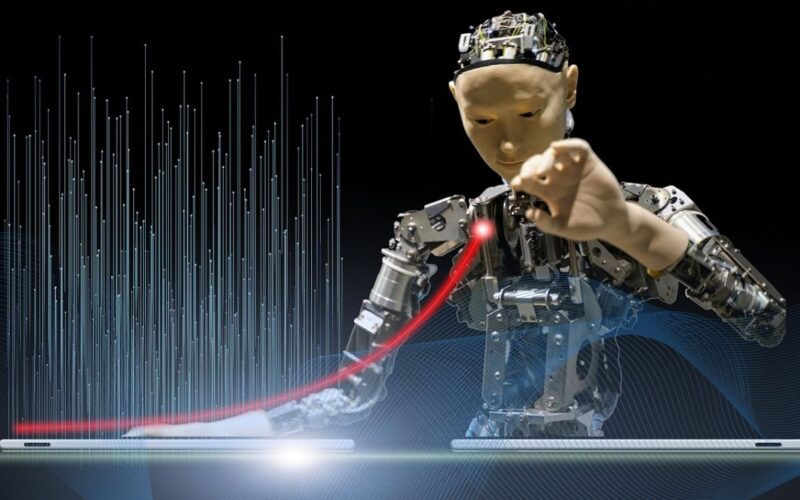The advent of the technological era has ushered in an age of unprecedented advancements, particularly in the field of automation and artificial intelligence (AI). As we witness the rise of machines that can perform complex tasks, a pertinent question emerges: should we harbor fears of robot overlords, or should we embrace the transformative power of automation? In this comprehensive exploration, we delve into the pros and cons, ethical considerations, and the potential future implications of this paradigm shift.
Understanding Automation and Artificial Intelligence
Definition and Types of Automation
Automation refers to the use of technology to perform tasks with minimal human intervention. From simple repetitive tasks in manufacturing to complex decision-making processes, automation takes various forms, including robotic automation, cognitive automation, and process automation.
Artificial Intelligence (AI)
AI encompasses machines and systems capable of simulating human intelligence. Machine learning, natural language processing, and computer vision are subsets of AI that empower machines to learn, understand, and respond to complex stimuli.
The Pros of Embracing Automation
Increased Efficiency and Productivity
Automation streamlines processes, reducing the margin of error and increasing efficiency. This leads to enhanced productivity, especially in industries such as manufacturing, logistics, and healthcare.
Economic Growth and Innovation
The integration of automation fosters economic growth by driving innovation. Businesses that embrace automation often find themselves at the forefront of their industries, creating new markets and job opportunities.
Repetitive and Dangerous Tasks
Robotic automation excels at tasks that are monotonous, repetitive, or hazardous for humans. By automating such functions, we mitigate the risk of accidents and free up human workers for more strategic and creative roles.

The Cons and Concerns
Job Displacement
One of the primary concerns surrounding automation is the potential displacement of jobs. As machines take over routine tasks, there is a fear that certain job categories may see a decline, impacting employment levels.
Ethical Dilemmas
AI and automation raise ethical questions about decision-making algorithms, data privacy, and the potential misuse of advanced technologies. Striking a balance between innovation and ethical considerations becomes crucial.
Economic Inequality
There is a risk that the benefits of automation may not be distributed equitably. Economic inequality could widen if certain sectors or demographics bear the brunt of job displacement without access to new opportunities.
Striking a Balance: The Future of Automation
Reskilling and Upskilling
To address job displacement concerns, a focus on reskilling and upskilling the workforce becomes imperative. Investing in education and training programs can prepare individuals for roles that complement automation.
Collaboration Between Humans and Machines
Rather than fearing a future dominated by machines, the emphasis should be on collaboration. Humans and machines working together can amplify each other’s strengths, creating a symbiotic relationship.
Regulatory Frameworks and Policies
Governments and organizations must develop robust regulatory frameworks and policies to guide the ethical implementation of automation. This includes addressing issues related to privacy, security, and responsible AI usage.
The rise of machines and the increasing prevalence of automation present a transformative shift in our societal and economic landscape. While concerns about job displacement and ethical considerations are valid, embracing automation holds the potential for increased efficiency, economic growth, and innovation. The key lies in striking a balance, fostering collaboration between humans and machines, and implementing responsible regulatory frameworks.
As we navigate the evolving relationship between technology and humanity, the question shifts from fearing robot overlords to shaping a future where automation augments our capabilities and improves our collective well-being. The rise of the machines, it seems, is an opportunity for progress rather than a harbinger of dystopia.










